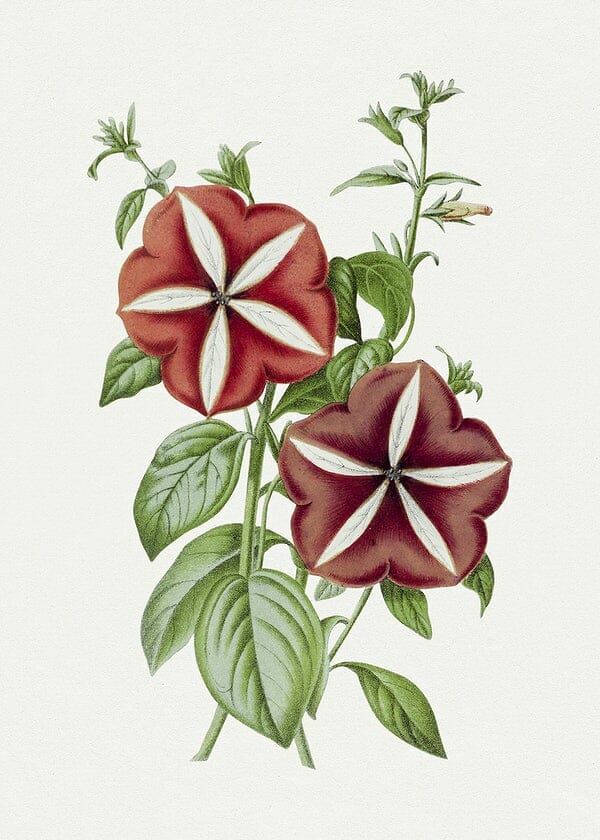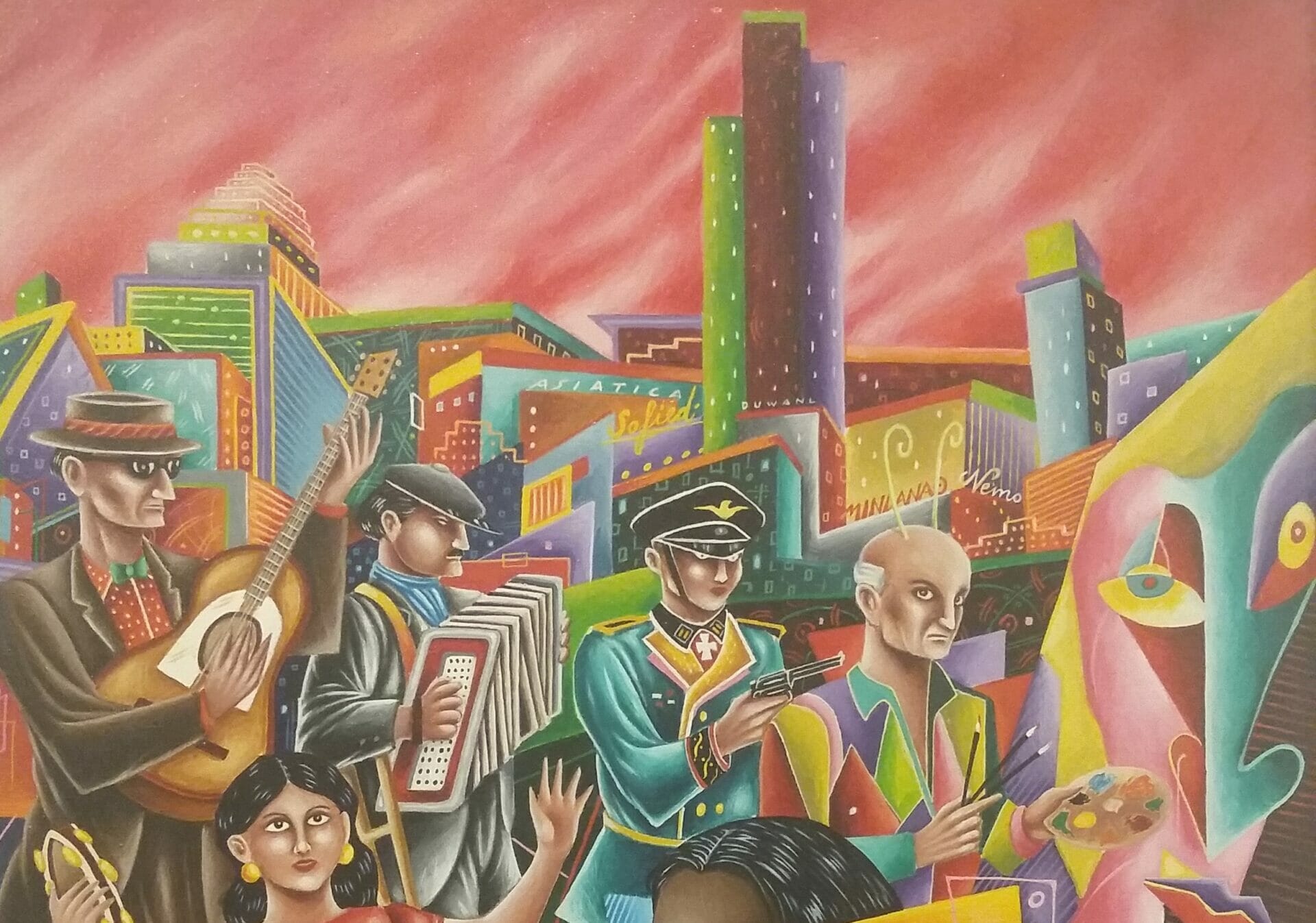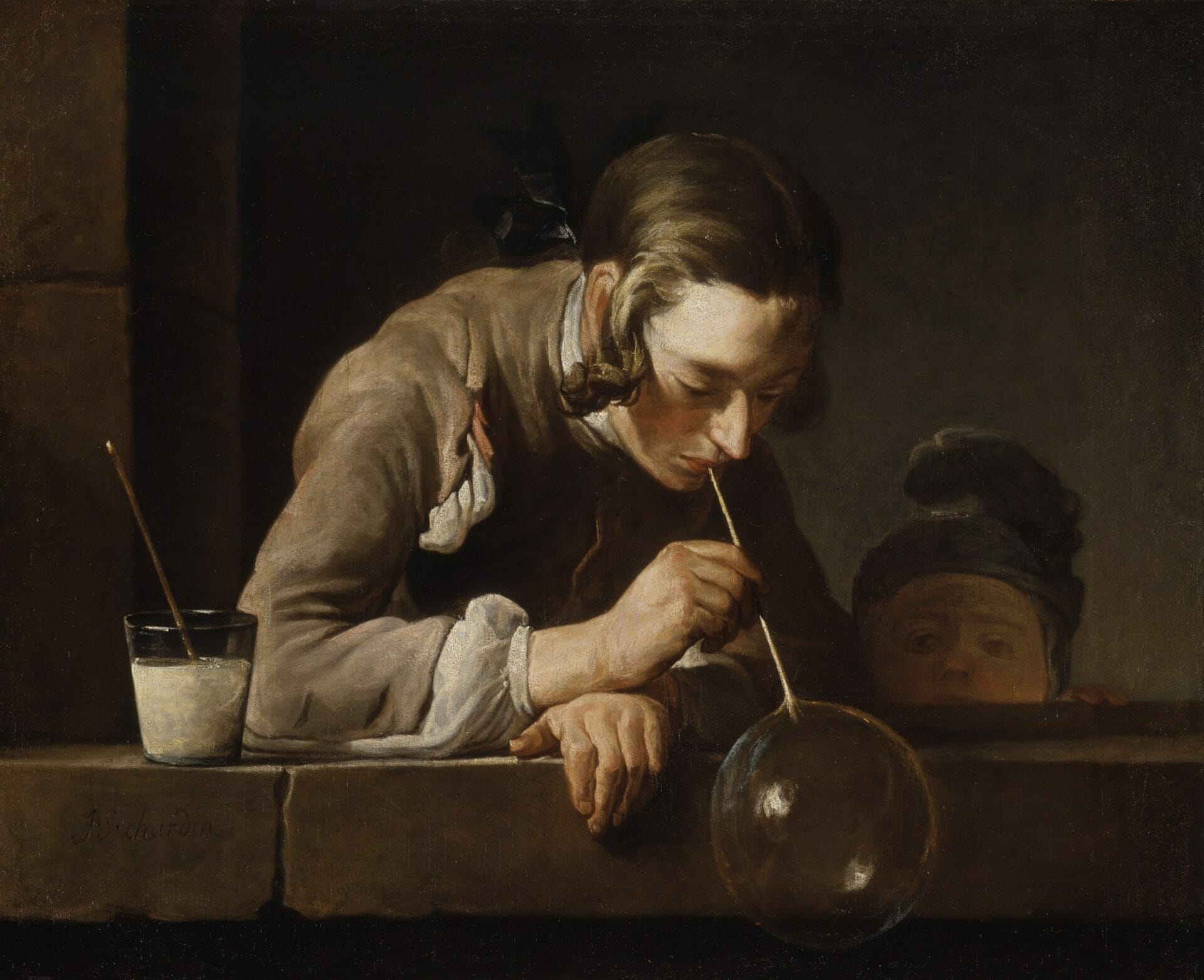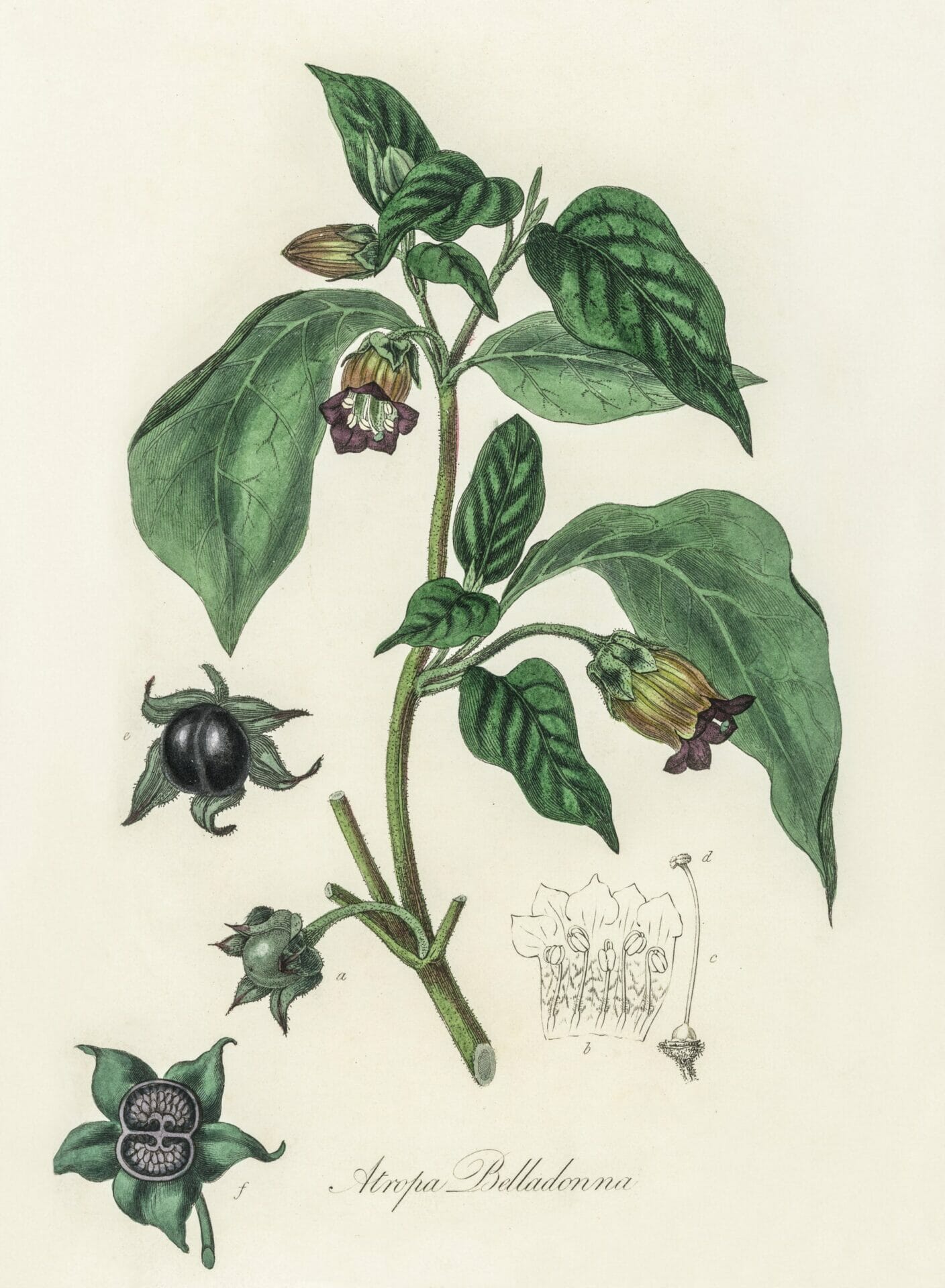
My Bohemia | Rimbaud’s longing for freedom
Author
Year
Format
Arthur Rimbaud is the young poet who revolutionized French poetry in the second half of the nineteenth century. Repeatedly striving for extremes and suffering towards pre-established truths, he was the first to open poetry to prose and realism. His poetry eschews any categorization, but the label he wore perfectly is “cursed poet.” This expression, born from Paul Verlaine’s anthology of French poetry in which Rimbaud was included, well represents his artistic figure. The incendiary cocktail of Rimbaud’s art was made of chaos, alcohol, drugs, and getaways: different ways of stepping outside himself. My Bohemia immortalizes one of the poet’s famous escapes, symbolizing Rimbaud’s longing for freedom.
My only pair of pants exposed my skin.
Tom-Thumb-sized dreamer, I kept strewing rhymes.
The Great Bear constellation was my inn.
The stars on high relinquished tinkling chimes.
The man with wind soles
It was 1870 and the period of great fugues and poetry had begun in Rimbaud’s life. From Charleville, his hometown, he first fled to Paris, where he was later arrested for being caught without a ticket. But this sonnet dates back to his next getaway, from Paris to Belgium. His restlessness and his long journeys on foot earned him the nickname “the man with wind soles.” A nickname coined by Paul Verlaine, who had a tormented artistic and sentimental relationship with Rimbaud. Theirs has been a meaningful relationship, but it did not last long, like many things in Rimbaud’s life.
Rimbaud’s longing for freedom
My Bohemia is the exaltation of the desire to escape: Rimbaud seems to achieve freedom only by escaping from something. The condition of external poverty corresponds to interior wealth, and the desire for life coincides with the need for emancipation. Rhymes are the landmarks to this nomadic traveler, the thread in his labyrinth. Shoelaces are associated with lyre strings – the Greek instrument to which the birth of poetry is linked. Poetry is, therefore, the point of balance, the path, and the meaning. A meaning not valid once and for all, but to continually recreate. To Rimbaud, poetry coincides with exploration.
While rhyming in the midst of shadows weird
I’d pluck the laces of each holey shoe
Close to my heart, like playing on a lyre.
The poet as a seer
Of a coat, under the sky—to you, Muse, loyal—
And oh! the splendid love affairs I dream
Rimbaud’s famous Letters of The Seer date back to May 1871. There Rimbaud identifies the poet with a seer, a prophet of the unknown. While the main title refers to the poet’s nonconformist attitude, the subtitle, Fantasy, that Rimbaud gives to this 1870 sonnet anticipates the conception of poetry as a vision. The idea of poetry as a gift of inspiration brings him closer to the most ancient conception of poetic art. Both that of Homeric Greece and the medieval one of Dante Alighieri. Homer at the opening of the Iliad and the Odyssey invokes the Muse to receive poetry. Dante Alighieri, in his Purgatory, gives a definition of the poetic process as the annotation of what Love dictates to him. Both, like Rimbaud, ascribe poetry to a superior external source.
Tag
Buy a ☕ for Hypercritic







